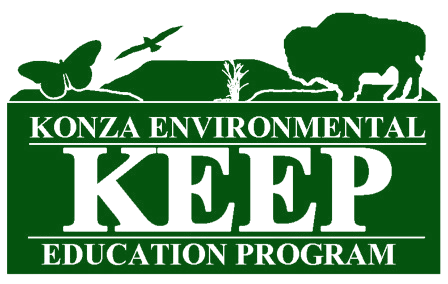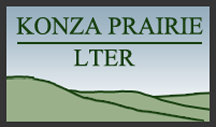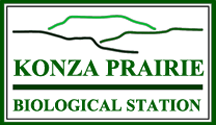Konza Environmental Education Program
We connect K-12 school groups to the prairie by hosting site visits at the Konza Prairie Biological Station.
Land and People Acknowledgement
The grasslands on which the Konza Prairie Biological Station is located have been home to people for many thousands of years, including named and unamed indigenous peoples who lived and hunted here prior to European colonization. The Konza Prairie Biological Station was named after the Kaw, or Kanza (“Kaáⁿze”) people, who inhabited and stewarded this area until their forced removal between 1846 and 1872. We acknowledge the connection of the Kaw Nation and other indigenous peoples to these lands, and we strive to respect and honor their legacies, knowledge, and past and current cultures.
What our program offers:
Looking for general information on the tallgrass prairie?
Prairie Curriculum
Weather at Konza Prairie:
-
-
- Kansas Weather Radar
- NOAA Climate Reference Network - station at Konza Prairie Biological Station
- Weather history - Community Collaborative Rain, Hail & Snow Network (CoCoRaHS)
-
Educators:
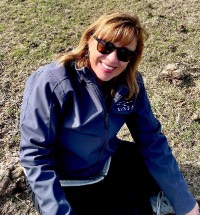
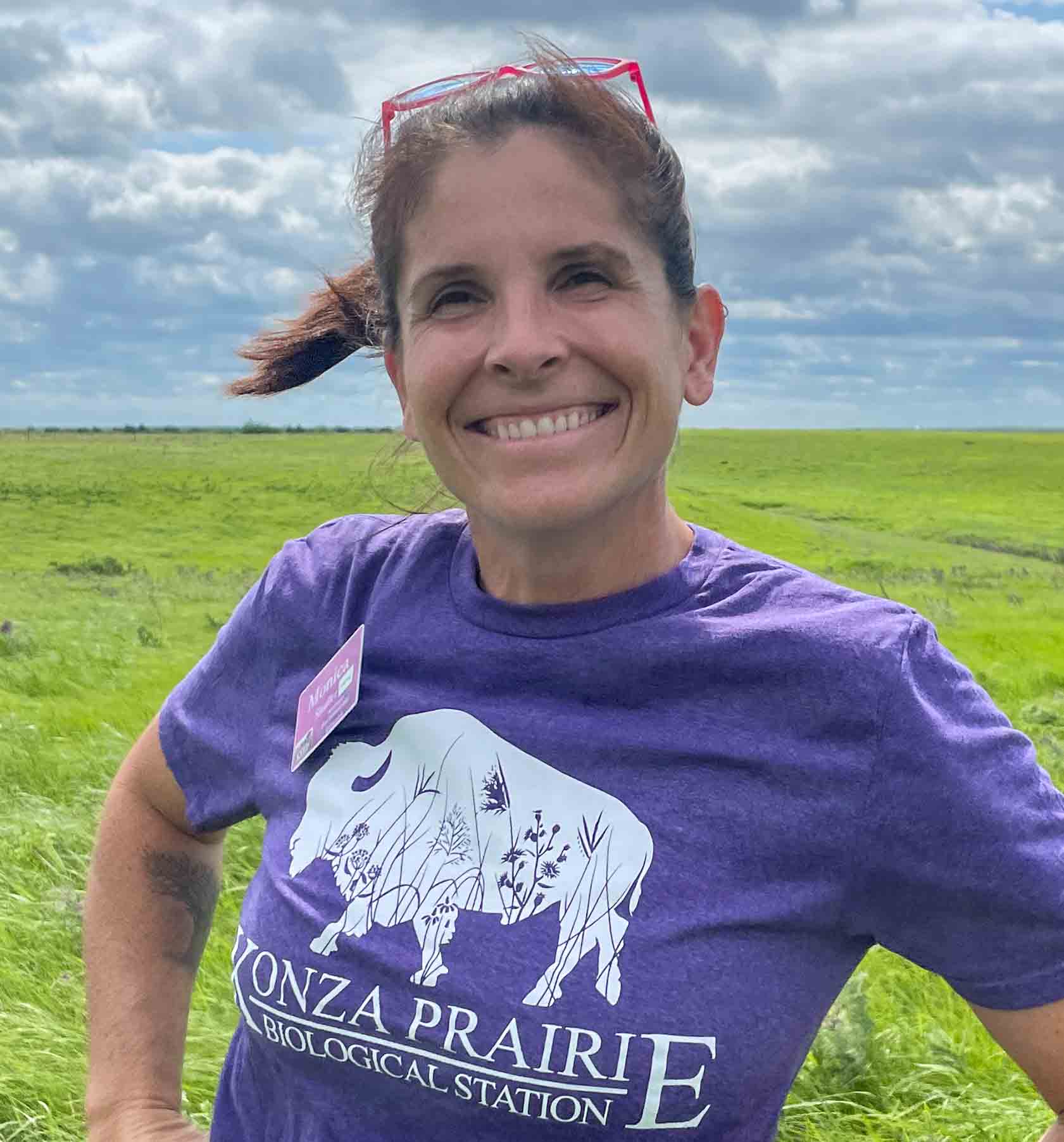
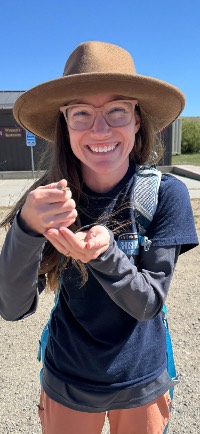 Lacey EsauStudent Intern
Lacey EsauStudent Intern

